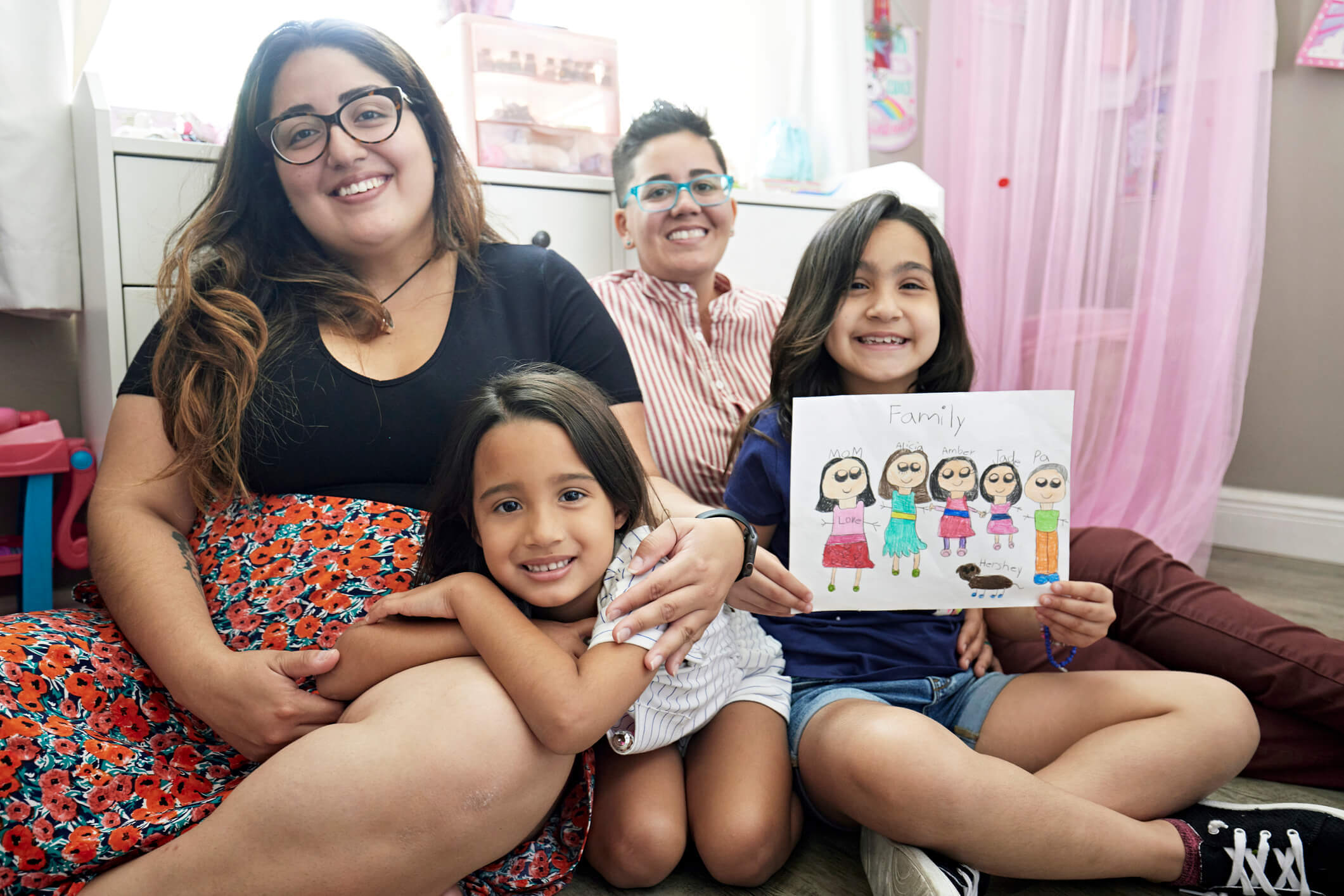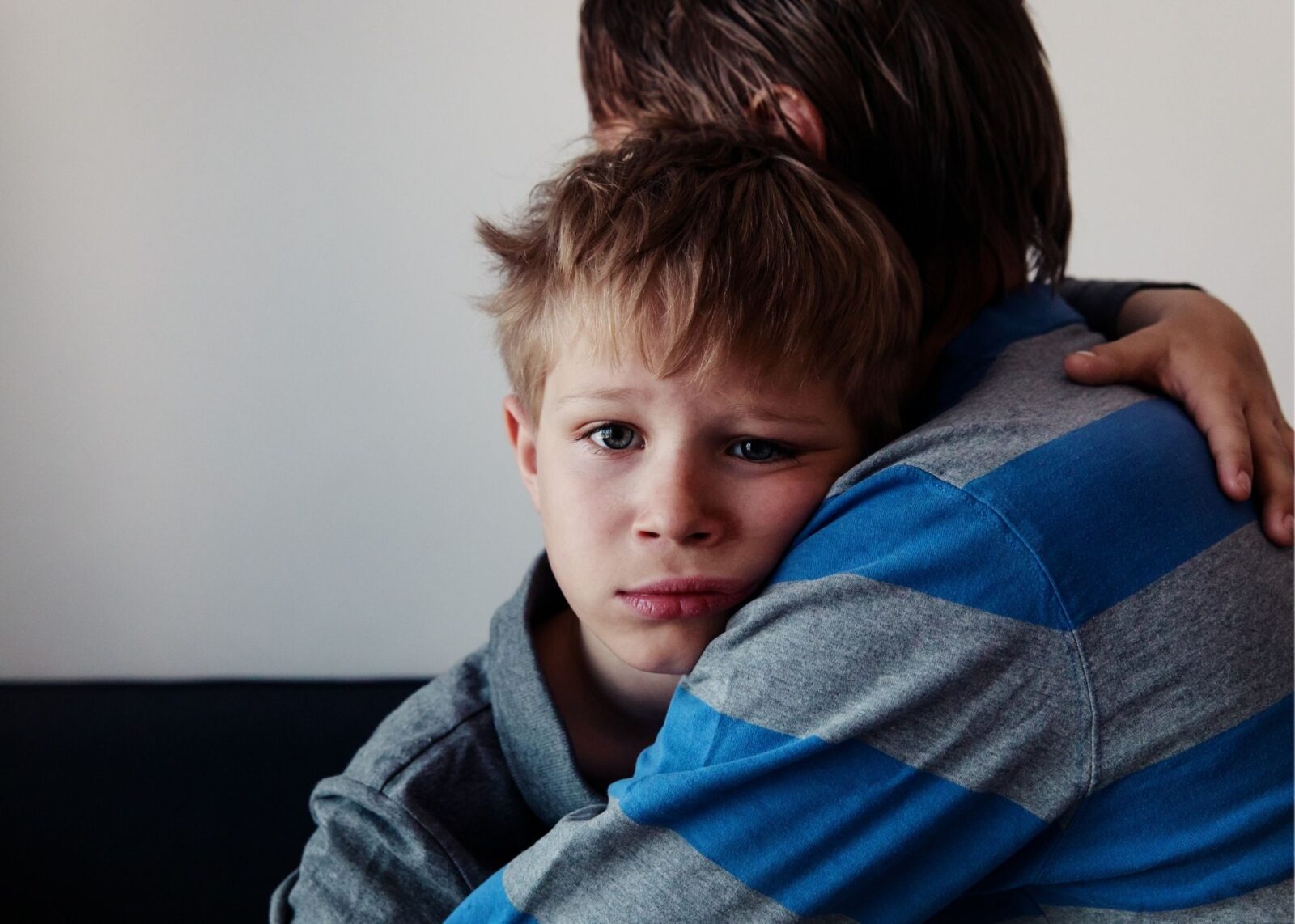Definition of Attachment Trauma

Attachment trauma is a disruption in the important process of bonding between a baby or child and his or her primary caregiver. That trauma may be overt abuse or neglect, or it may be less obvious—lack of affection or response from the caregiver. Attachment trauma may occur if there are traumatic experiences in the home while a baby is forming the bond, and it also may result from the absence of the primary caregiver, such as from divorce, serious illness, or death.
Common Symptoms and Behaviors of Trauma and Attachment Issues
Behaviors and symptoms related to attachment issues are not isolated occurrences; they stem from actual trauma. This impacts your child or teen in many different ways.
Inability to Give or Receive Affection
Distrust of Others
Inability to Empathize with Others
Destructive Behaviors
Who Does Trauma Impact?
Unfortunately, a high percentage of our youth go through adverse childhood experiences.
Adverse Childhood Experiences (ACEs) are potentially traumatic events that occur in childhood. ACEs can include violence, abuse, and growing up in a family with mental health or substance use problems. Toxic stress from ACEs can change brain development and affect how the body responds to stress.

48% of Children
48% of US Children Ages 0-17 Have Had At Least One of Nine Key Adverse Childhood Experiences
Groups at Greater Risk
Females and Several Racial/Ethnic Minority Groups Are at Greater Risk for Experiencing Four or More ACEs
23% of Children
23% of US Children ages 0-17 Have Had Two or More Adverse Childhood Experiences
Leading Cause of Death
These ACEs Are Associated with Five of the Ten Leading Causes of Death
Reactive Attachment Issues
Reactive Attachment Issues can be caused by experiences of abuse, neglect, and abandonment during early life, among other traumatic events. The effects of attachment issues can manifest in various ways, depending on an individual’s specific experiences and support systems, and can range across a spectrum of attachment development and needs.
It is important to understand that you and everyone you’ve ever met falls somewhere on this spectrum of needs. As humans, our craving for belonging and love is ingrained and inherent– a person’s relationship with attachment and trauma makes them no less human and no less worthy of love.
A Foundation for Trust
When a disruption or neglect occurs, children can lose the ability to foster the relational connections that are built on trust. This missed developmental step can shape how children see themselves and others in lifelong relationships.
Oftentimes, this means children and teens will have difficulty forming loving, lasting, intimate relationships. The most important thing to know about this foundation for trust is that it’s not the child’s fault and that it can be repaired.
Families who are dealing with attachment issues often face some of the most difficult behaviors to navigate with their children. ATTACh has helped families and professionals whose children and clients came to us working through serious issues such as depression, drug use, suicide attempts, arson, abuse, incarceration, and shutting down all together.
Even though the effects of attachment issues can last a long time, they’re not irreversible. We are proud to be able to give parents, caregivers, and professionals the support they need to make healing possible.
